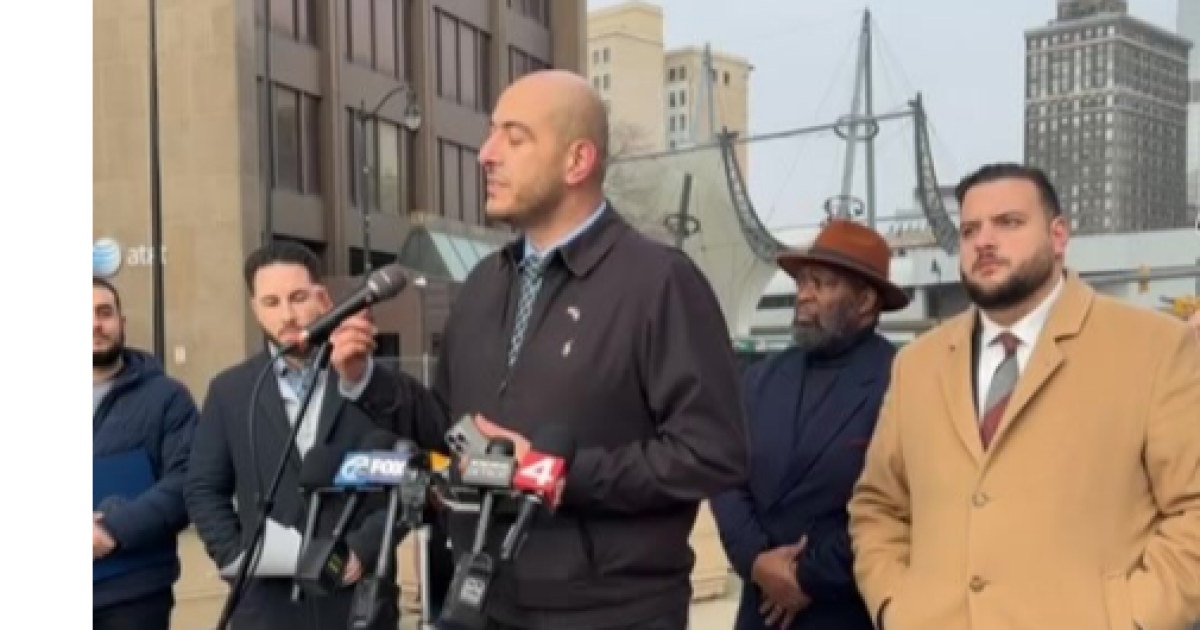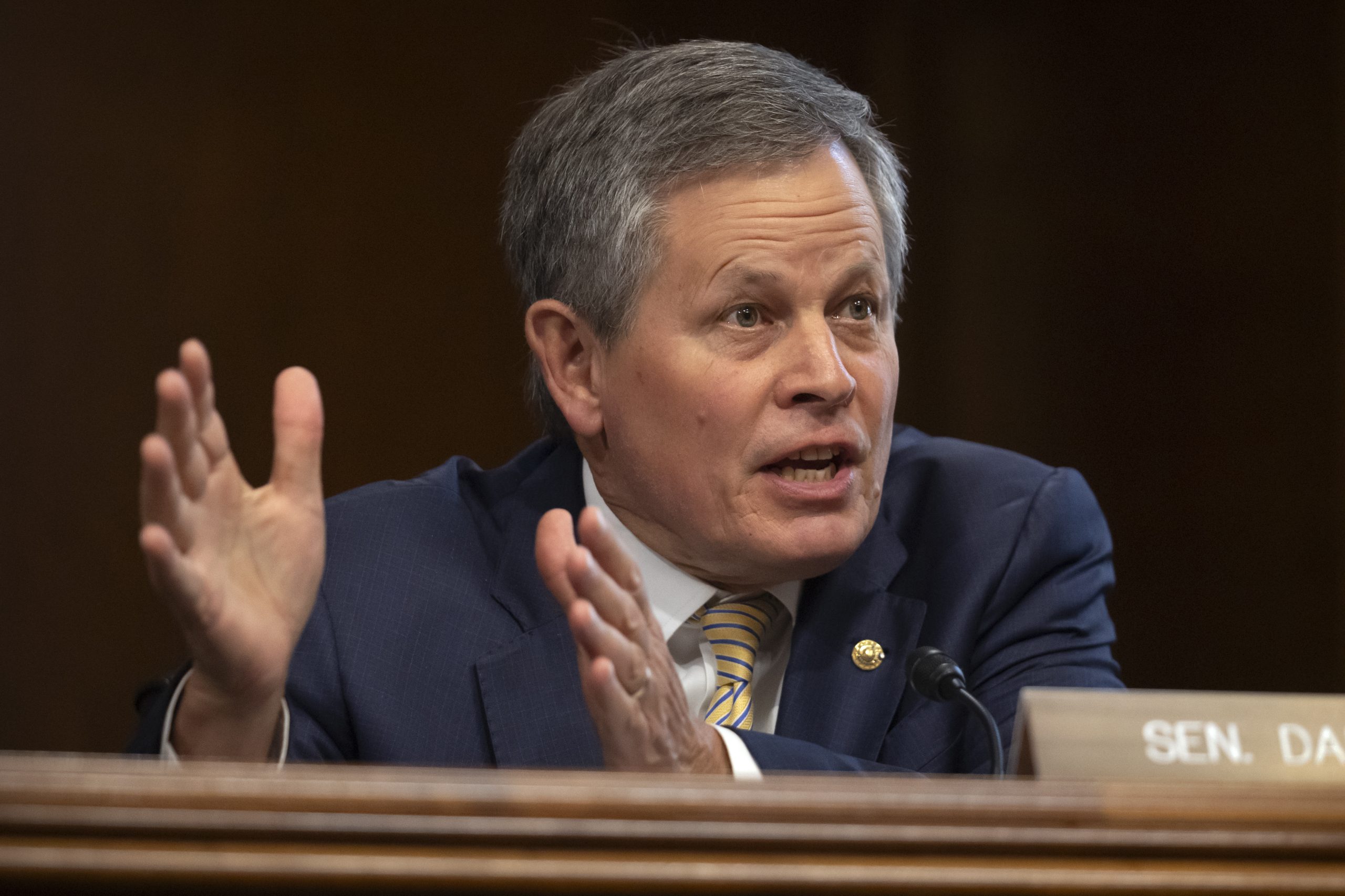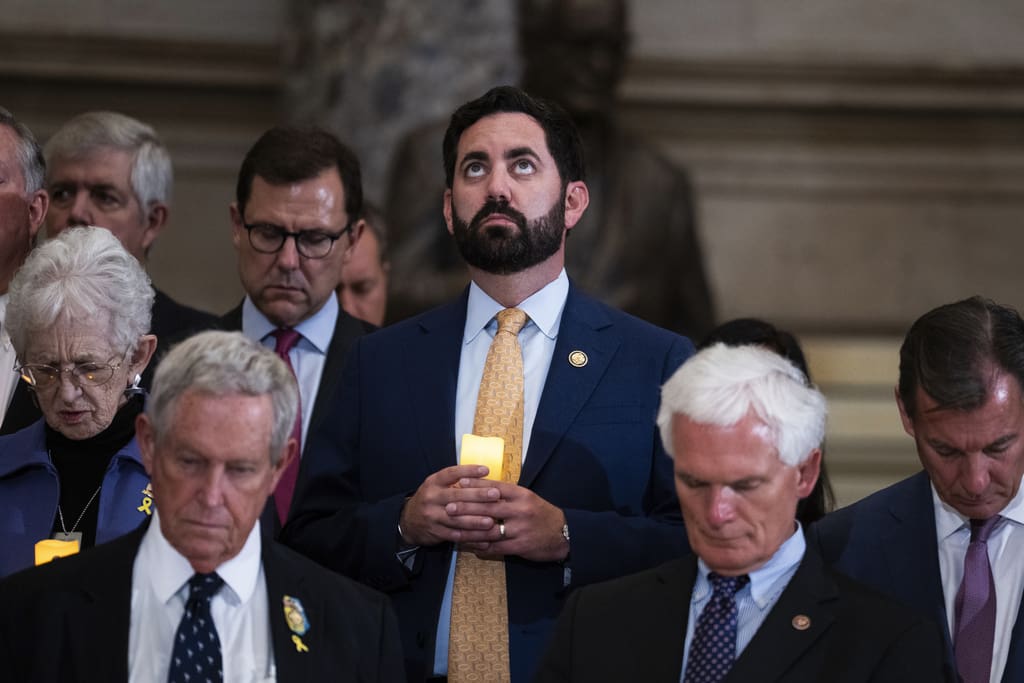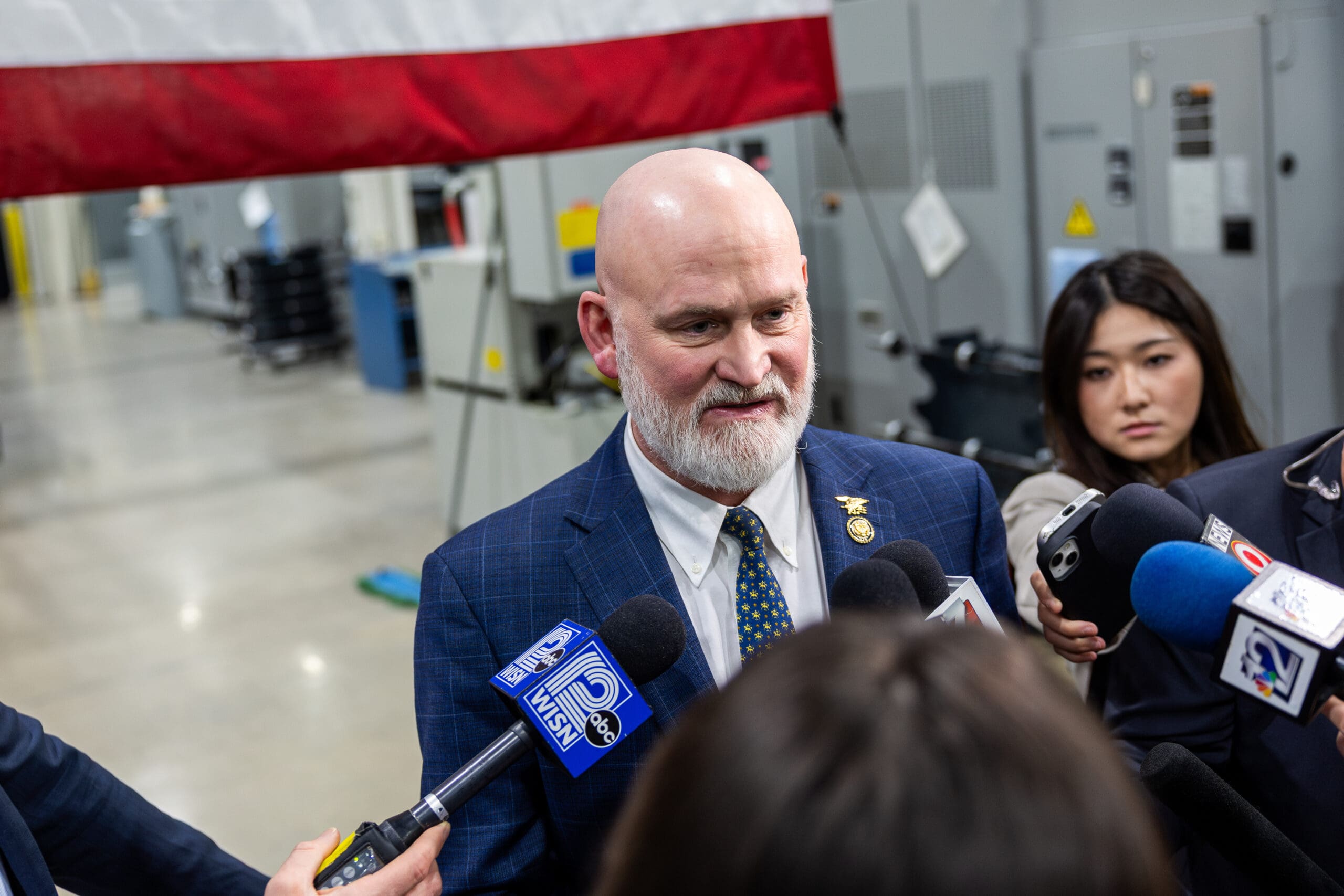This story first appeared in Hechinger’s climate and education newsletter. Sign up here.
In Illinois, the Chicago Teachers Union secured a contract to install solar panels on schools and create clean energy career opportunities for students. In Minnesota, the Minneapolis Federation of Educators demanded an environmental task force and free metro passes for students. Meanwhile, in California, the Los Angeles teachers union is pushing for electrified buses and electric vehicle charging stations at schools.
These examples are highlighted in a new report illustrating how unionized teachers are advocating for climate action in their districts. The report by the Building Power Resource Center and the Labor Network for Sustainability outlines how educators can negotiate climate initiatives in labor contracts, emphasizing the financial benefits of renewable energy in improving school conditions and saving money.
As federal climate support decreases, local actions become more crucial. Chicago Public Schools, which relied on now-discontinued electric bus funding, is seeking local and state funding, as well as nonprofit support, according to Jackson Potter, vice president of the Chicago Teachers Union.
Bradley Marianno, an associate professor at the University of Nevada, Las Vegas, noted that educator unions are increasingly adopting “collective good bargaining,” pushing for community-beneficial changes alongside member welfare. However, there’s a risk of members feeling sidelined if core issues like wages are overshadowed by broader causes.
In a recent conversation with Jackson Potter, the union’s approach to climate action was discussed. By collaborating with local environmental and community groups, the Chicago Teachers Union achieved a contract that includes solar panel installation, air quality monitoring, climate curriculum integration, and clean energy job training for students.
The report highlights contract negotiations as an effective tool for demanding climate action, with schools averaging 83-84 years old needing $30 billion in upgrades due to lead, mold, asbestos, and other contaminants. Potter emphasized that transitioning to renewable energy and improving air quality are critical in areas affected by environmental racism.
Initially, climate issues were seen as niche, but discussions around asbestos, lead, mold, and food quality quickly elevated their priority. The union’s contract also includes green pathways for students and agreements with trade unions to create future job opportunities in clean energy.
Unlike Batesville School District in Arkansas, which increased teacher salaries with solar savings, Chicago’s focus is on reallocating funds to hire school nurses, social workers, and provide mental health support.
Math and climate change
Rising temperatures in classrooms negatively affect student concentration and learning, especially in math, according to a new report from NWEA. The report found that math scores drop when test-day temperatures exceed 80°F, with students in high-poverty schools experiencing larger declines due to lack of air conditioning.
Learning losses increase with temperature, with students scoring significantly lower on 101-degree days compared to 60-degree days. Math scores are more affected than reading, possibly due to the problem-solving nature of math and increased anxiety from heat.
The study analyzed 3 million scores from third to eighth graders across six states, urging officials to mitigate high heat impacts by scheduling tests during cooler times and updating HVAC systems.
“Extreme heat has already detrimentally impacted student learning and these effects will only intensify without action,” wrote Sofia Postell, an NWEA research analyst.
Mea culpa: In my last newsletter, I incorrectly named the Natural Resources Defense Council and misstated learning hours lost by California students this year, which exceeds 54,000.
Contact editor Caroline Preston at 212-870-8965, via Signal at CarolineP.83 or on email at preston@hechingerreport.org.
This story about teachers unions was produced by The Hechinger Report, a nonprofit, independent news organization focused on inequality and innovation in education. Sign up for the Hechinger newsletter on climate and education.
The Hechinger Report provides in-depth, fact-based, unbiased reporting on education that is free to all readers. But that doesn’t mean it’s free to produce. Our work keeps educators and the public informed about pressing issues at schools and on campuses throughout the country. We tell the whole story, even when the details are inconvenient. Help us keep doing that.
—
Read More Kitchen Table News










